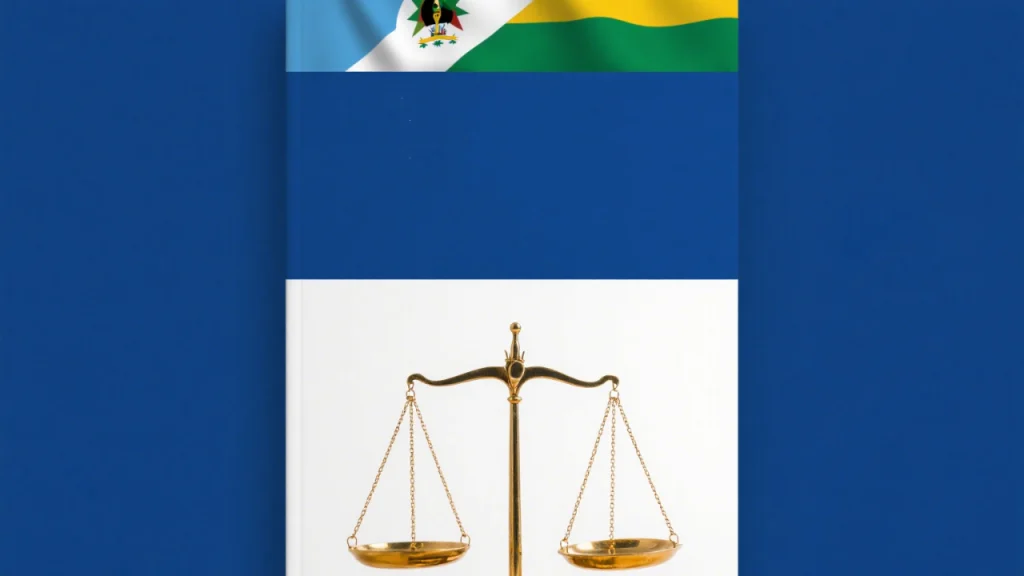- Mauritius’ government has officially designated AFRINIC a “declared company,” escalating the registry’s collapse into a constitutional crisis.
Cloud Innovation, backed by the Supreme Court, is pressing for AFRINIC’s dissolution and replacement amid widespread governance failures.
Mauritius internet battle reaches a turning point
Mauritius is now the centre of a high-stakes struggle over control of Africa’s internet resources. The crisis intensified after the country’s Prime Minister designated AFRINIC—a key regional internet registry—as a “declared company” under government supervision. This move came amid long-running governance failures, including the annulment of AFRINIC’s June 23 election over a single proxy dispute, discarding valid votes and deepening mistrust.
Cloud Innovation, AFRINIC’s third-largest member, has publicly called for the dissolution of the African Network Information Centre (AFRINIC), citing what it describes as broken election standards and the collapse of its democratic processes. The company, led by founder Lu Heng, points to multiple rulings from the Mauritian Supreme Court that have halted AFRINIC’s operations and deepened uncertainty about its future.
Also Read: AFRINIC feud triggers Mauritius constitutional crisis
Also Read: AFRINIC crisis in Mauritius deepens as ICANN faces accusations of undermining democracy
A warning for small democracies worldwide
What is unfolding in Mauritius is more than a technical dispute—it is a live test of whether a small democracy can withstand concentrated political and corporate pressure over a critical public resource. Africa’s internet governance hinges on the independence and accountability of whoever controls its IP address allocations, a foundation for connectivity, commerce, and digital sovereignty.
AFRINIC’s collapse is not just an African issue; it underscores how fragile governance systems can be when transparency is eroded. By placing the registry under state control while excluding judicial oversight—evidenced by the barring of a Mauritian judge from investigating AFRINIC—the government has set a precedent that risks sidelining democratic checks and balances.
Lu Heng’s push, backed by the Supreme Court, casts this as a defence of community rights against a slide towards unilateral control. The standoff also exposes the ease with which international actors can exploit governance breakdowns to extend their influence. If Mauritius—a country often seen as a model of political stability in Africa—can have its institutions sidelined in such a vital sector, it signals a broader vulnerability. For small democracies managing critical infrastructure, the lesson is clear: without resilient, transparent governance, the door is wide open for both domestic overreach and foreign power plays.

